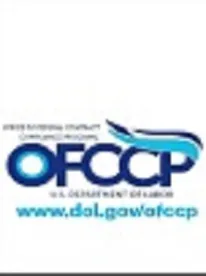In a long-running 4th Amendment case between OFCCP and Bank of America, a U.S. District Court has affirmed earlier rulings that: (1) Bank of America (BoA) waived its 4th Amendment objection to an OFCCP Desk Audit by providing information in response to a scheduling letter; and (2) OFCCP had probable cause obtained during the Desk Audit to conduct an onsite at BoA’s facility to pursue alleged compensation issues.
BoA argued throughout the case that OFCCP violated the 4th Amendment because it did not select BoA for audit according to administratively-neutral criteria. However, the court did not reach that question or the question of whether OFCCP’s audit selection and scheduling letter request for data and documents are an “administrative subpoena.” Rather, the court upheld the earlier finding that BoA consented to the Desk Audit (and waived its 4th Amendment objection) by voluntarily providing documents and data in response to the scheduling letter.
BoA also refused to allow OFCCP to come onsite to investigate alleged compensation issues and argued OFCCP had insufficient probable cause to go onsite. Again, the court disagreed. The court said that even though OFCCP’s compensation regression analysis was flawed, the raw compensation data (which BoA voluntarily submitted during the Desk Audit) revealed gender and race disparities in average compensation “sufficient to provide the OFCCP with a reasonable suspicion of a violation.” In an important ruling, the court stated OFCCP was under no obligation to rely on a regression analysis (or apparently any other analysis) to establish probable cause.
This may not be the final chapter in this case as BoA has the ability to appeal the decision. In the meantime, this decision reinforces the important point that federal contractors must proactively identify and address problem areas, and cannot afford to turn over to OFCCP data or information which it is not prepared to explain and defend.




 />i
/>i

